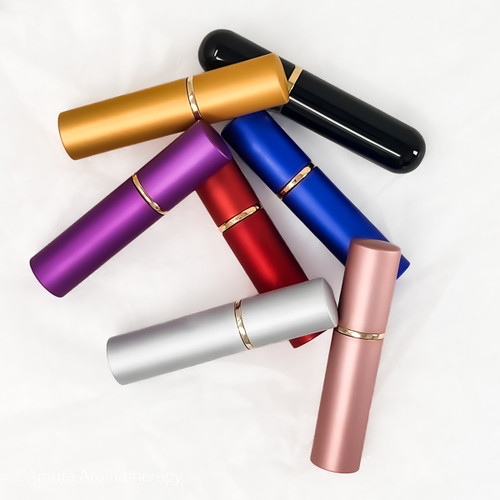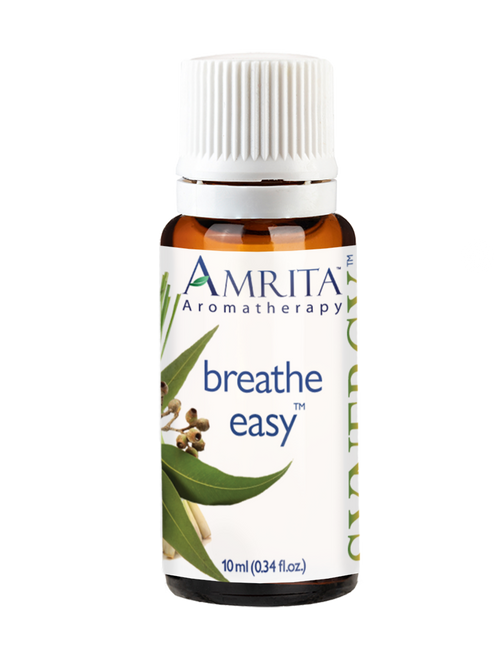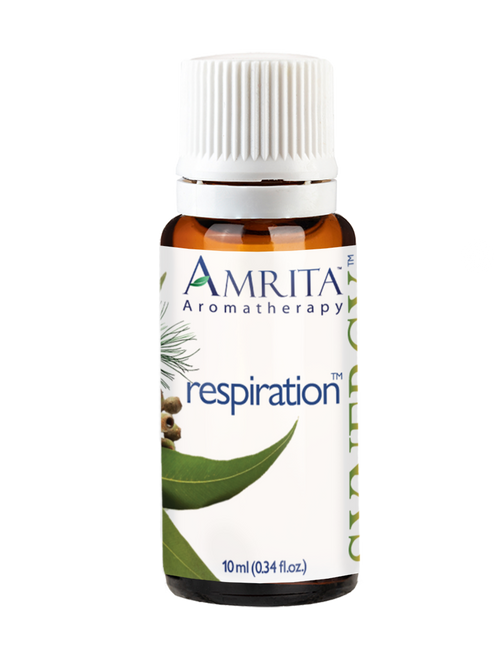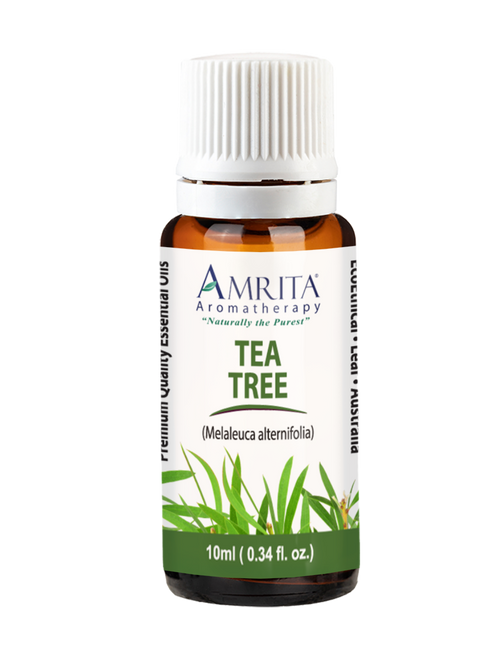What are conventional medical treatments for a cold?
There is no cure for the common cold and medical treatments only help with the symptoms. They don’t affect the virus which is causing the cold. Research has shown that antibiotics don’t cure a cold or speed up recovery.
Conventional treatments for symptoms include:
- Decongestants – these may help if you have nasal or sinus congestion. However, they can increase the heart rate and blood pressure and may cause anxiety, restlessness, insomnia and difficulty urinating in some people. Check with your doctor before using them if you have high blood pressure. They can be used alone or in combination with an antihistamine. But if you use nasal decongestants for more than three days in a row, you can end up more congested than you were to begin with. They are better taken during the day than at night time.
- Saline (salt water) sprays – these can work to loosen mucus. They work more slowly than nasal decongestants, but you can use them for an unlimited time period.
- Antihistamines – these may help if you have a runny nose or sneezing. Some contain diphenhydramine, which can make you extremely drowsy; however, non-sedating antihistamines are also available. Even so, you should be careful if operating heavy machinery or driving. There are side effects like dry mouth. They are better taken at night than during the day.
- Oral expectorants – these help to liquefy mucus, making it easier to cough it up.
For sore throats, drink lots of fluids and use salt water gargles (a cup of warm water and a teaspoon of salt). Other oral medications (such as Tylenol) and medicated lozenges and gargles can also temporarily soothe a sore throat. But if your throat is very painful and you have trouble swallowing and you also have a fever, see your doctor, as you may have strep throat.
Most doctors no longer recommend that you try to suppress a mild fever. This is because a fever helps your body fight infection. It is generally only necessary to treat fevers that are over 102 degrees or milder fevers when they are experienced by the very young, the very old, and those with certain medical conditions such as heart disease or lung disease.
People in their early 20s or younger should avoid taking aspirin. Acetaminophen (Tylenol and others) or ibuprofen (Advil and Motrin) are better choices. Each medication has side effects. Be careful not to take them only as specified and to be aware that there can be cumulative effects if you are also taking other cough and cold and flu remedies. Ask your pharmacist to help you make the right choice.
What are conventional medical treatments for the flu?
Treatments for flu symptoms are similar to cold treatments. Antibiotics don’t help flu symptoms, because it’s caused by a virus, and antibiotics only treat bacterial infections.
What are conventional medical treatments for a cough?
Some doctors don’t think you should try to treat a cough. This is because coughs often serve a purpose (e.g. to help loosen thick mucus and to cough it up). Some don't believe cough medicines are that effective. There are three types of commonly used over-the-counter treatments for coughs and colds:
- Cough suppressants
- Oral expectorants
- Topical medications (e.g. lotions you rub on your chest).
There are also prescription cough medicines.
What are alternative treatments for colds?
It was thought that zinc may help cut a cold's severity and duration, but research has brought mixed results. Also, the FDA has advised that zinc nasal sprays have been linked to a permanent loss of smell, so the side effects may outweigh any possible benefits.
Studies on echinacea have also been mixed.
Recent research has found vitamin C only prevents colds in certain populations (e.g. people who were doing vigorous exercise in extreme environments). However, some research suggests megadoses of vitamin C may shorten how long you suffer from a cold.
In terms of preventing colds, experts say a diet rich in fruits and vegetables can help you ward off infections like colds and flu by boosting your immune system.
Eating the recommended dietary allowance of antioxidant vitamins and minerals can also help.
Regular exercise can also boost the immune system. Some studies have shown that regular "moderate intensity" exercise cuts down the number of colds you get each year. People who exercise regularly can still catch a virus, but generally their symptoms are less severe and they may recover more quickly.
Exercising when you have a cold is usually safe as long as you listen to your body and don’t work out too hard. But be aware that if you are also taking decongestants, which can cause your heart to pump very hard, and then you exercise on top of that, you may become short of breath and have trouble breathing.
If you are also asthmatic, make sure you talk with your doctor before you exercise with a cold.
If you also have a fever, exercise could stress your body even more, so it’s best to wait till your fever goes down before you go out walking.
Also, see some of the tips under alternative treatments for the flu and for coughs as many may help with a cold as well.
Of course, essential oils traditionally have also been used for colds. For more information, see the Useful Essential Oils tab.
What are alternative treatments for the flu?
Even most doctors would agree that the following home remedies are often all you need to heal most bouts of the flu:
- Drink healthy drinks like water, juices and herbal teas, as the flu can leave you dehydrated, especially if have vomiting or diarrhea. Reduce caffeinated drinks, as they are diuretics (take water out of the body). If you feel nauseated, try sipping instead of gulping down fluids. If you’re drinking enough fluids, your urine should be pale yellow (almost colorless).
- Have soup: Even research has shown that soups can help with symptoms of upper respiratory tract infections like the flu.
- Rest if that is what your body is telling you it wants. But still try and maintain a normal nighttime 8-hour sleep routine.
- Steam helps: Bring a pot of water to a boil and take it off the stove and put a towel over your head and inhale the vapors. Some people recommend adding some turmeric. Or, you can add essential oils like eucalyptus (see the Useful Essential Oils tab for details).
- Gargling with salt water to get rid of the thick mucus that can collect at the back of the throat.
- Nasal irrigation can help ease stuffiness and post-nasal drip. Use a neti pot or a saline squeeze bottle. Use a pre-made saline solution or make it by mixing salt and lukewarm sterile or distilled water.
Of course, essential oils traditionally have also been used for the flu. For more information, see the Useful Essential Oils tab.
What are alternative treatments for a cough?
Sleep with your head elevated.
Use chest vapor-rubs with natural ingredients such as menthol, camphor and eucalyptus.
Research has shown that honey can be effective in treating coughs and sore throats. You can take it straight or boil some water, then let it cool a little and add lemon juice and then honey. Or mix one teaspoon of freshly ground black pepper with a mug of boiling water and let it cool a little and then add two tablespoons of honey. Steep it for 15 minutes, strain and drink it.
Thyme tea (two teaspoons of crushed thyme leaves in a cup of boiling water steeped for 10 minutes and then strained) can help.
Put 12 slices of fresh ginger in three cups of water and bring it to a boil. Simmer for 20 minutes and remove from the heat. Once it has cooled a little, add honey and a squeeze of lemon to taste and drink it.
Also, see some of the tips under alternative treatments for the flu, as many may help with a cough as well.
Of course, essential oils traditionally have also been used for coughs. For more information, see the Useful Essential Oils tab.





















